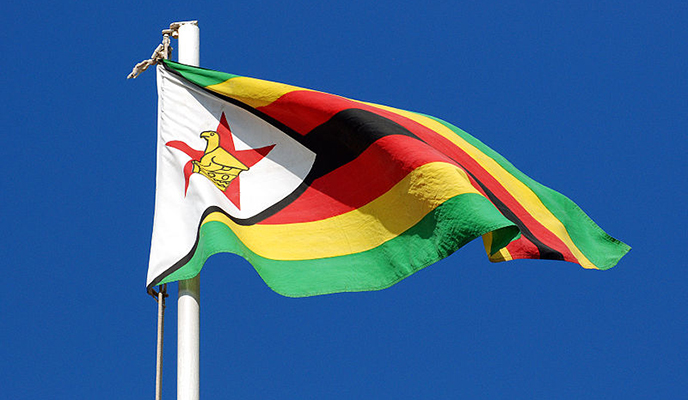There are a number of strikes or ‘job actions’ that are being undertaken in Zimbabwe. The most significant of these has been an over a month long junior doctors strike at a majority of our state owned referral hospitals. This has also played out very badly in the public discourse with government issuing veiled threats against the striking medical doctors. While also taking them to the labour court which has since reserved its judgement.
Teachers unions, civil service associations and nurses associations are also in one way or the other undertaking varying forms of strike action. In some statements the worker’s representatives have issued statements advising their employer (government) of their ‘incapacitation’. By this they mean they are unable to regularly attend to their work stations for lack of either access to transport and other amenities that have been negatively affected by the high costs of goods and services in the country.
The statements relate directly to the individual union/association member’s immediate material needs. And its entirely understandable. The main demand is that salaries be annotated either in the United States dollar (USD) or its free market (also the parallel market) equivalent. This demand is shared across the board by all unions and associations.
Other demands include improved working conditions for both the employees and in part also members of the public that require their services. But there is no doubt that the immediacy of their own personal remuneration is paramount. Be it the medical doctors, civil service associations and teachers unions.
And salaries have basically come to be designed as highly personal commodities in our neo-liberal economic framework. Both as designed by the Economic Structural Adjustment Programme (ESAP) or as is now being re-emphasised by the austerity measures under Mnangagwa’s government.
So the issue of remuneration is highly personal. Even in the unions and associations that are representing the workers, this contradiction can be both glaring as it is inspiring for current strike actions.
The contradiction therefore becomes the ability of the unions/ associations to combine the motivated member to understand the bigger economic picture beyond their actual salaries. And not on behalf of the employer. But on behalf of their own collective.
This is evidently much harder to undertake because it is either not populist enough or it appears rather complicated to the member of the association or union. The populism required appears to be in two parts. Either having a charismatic figure or a seemingly catastrophic event affecting the association or union in order to whip up immediate emotions and actions. Even if they eventually become ephemeral.
Moreover it is also important to take into account the actual after effects of strike actions and the perception of the same with the general public. Particularly with regards how the actions may consolidate a perception and culture of individualism within the public to the extent that they lose sight of the importance of public services. And seek instead an unsustainable solution in private services either in education, health or transport. And may in turn not value specific professions for their public service importance and therefore inviolability of their work and work ethic.
In these trying economic times, it is predictable that a neo-liberal economic framework is destined to produce regular actions of resistance from workers. Even if they had not even been conscientised and are acting on angry responses to being treated unfairly.
It would be therefore be fair to argue that unions and civil services associations are between a rock and a hard place. They have to carefully navigate the immediate and highly individual demands of higher remuneration from their members without losing the collective value or ethos of the union. Or without making theirs a single issue and inevitably cyclical agenda.
To put it more straightforwardly, the unions and their leadership now need to go a gear up and provide alternative holistic frameworks to the way in which their professions/associations function nationally. And not just in the immediate but with perspectives that relate to posterity. For example where it concerns the health services sector, is the commercialization template that is being touted by government the panacea? Or do we clearly need a system similar to a publicly funded and supported national health service that makes public hospitals not only viable but give everyone a chance of professional treatment?
Or if we are in the teaching profession, what are the key elements around public education that would make affordable education a reality for many poor children? And how would value, even beyond the material, be retained by the teaching profession. After all, those that are causing problems in the education sector both for teachers and affiliated workers, all must have gone through a better education system than at present.
Or if we are in any other profession, raising key questions about how we do not anticipate any provision of mass urban public transport (ZUPCOs) should not be designed as a political stop gap measure but a public good and service.
These are questions and issues that do not preclude the right of workers to strike or to increasingly choose either the private sector or the Diaspora. Instead they bring to the fore the importance of teachers unions, civil service associations expanding the public and people centered values of their sectors to ordinary Zimbabweans. Even if it appears mundane and difficult.
It also helps even in the internal processes of unions and associations where members engage with not only the important issues of salaries/remuneration but also key ideological questions of the country and the necessary frameworks to build a better society for all. This would help tamper populist approaches and also encourage members to read between the ideological and elitist lines of their current predicament.



